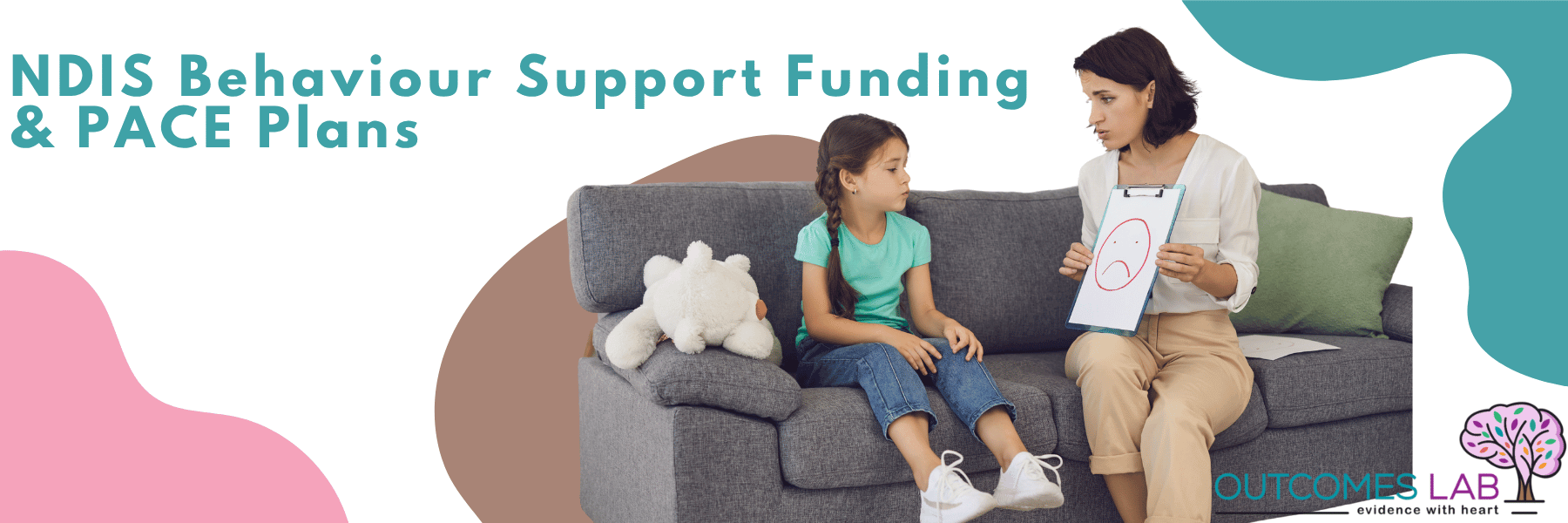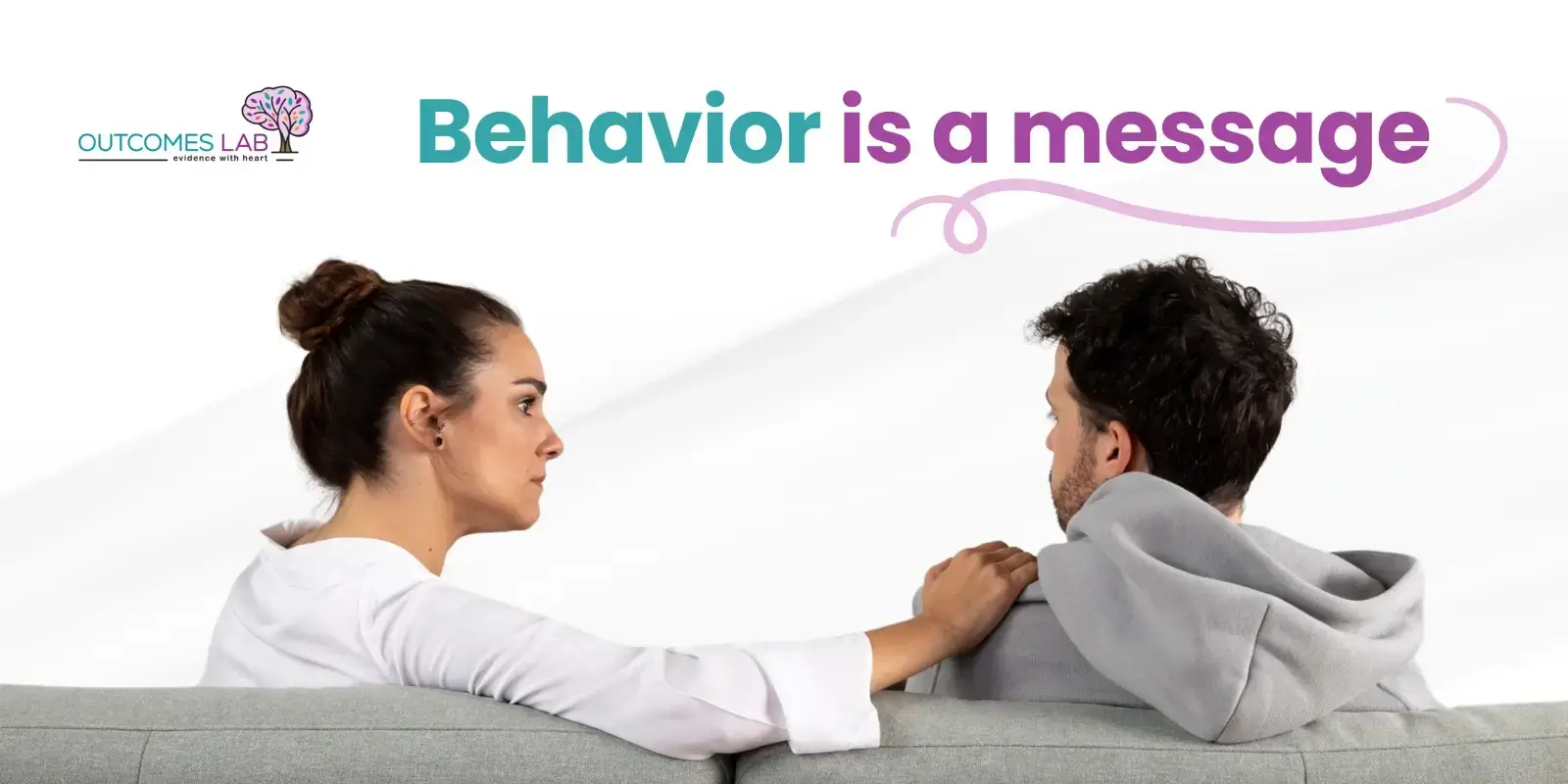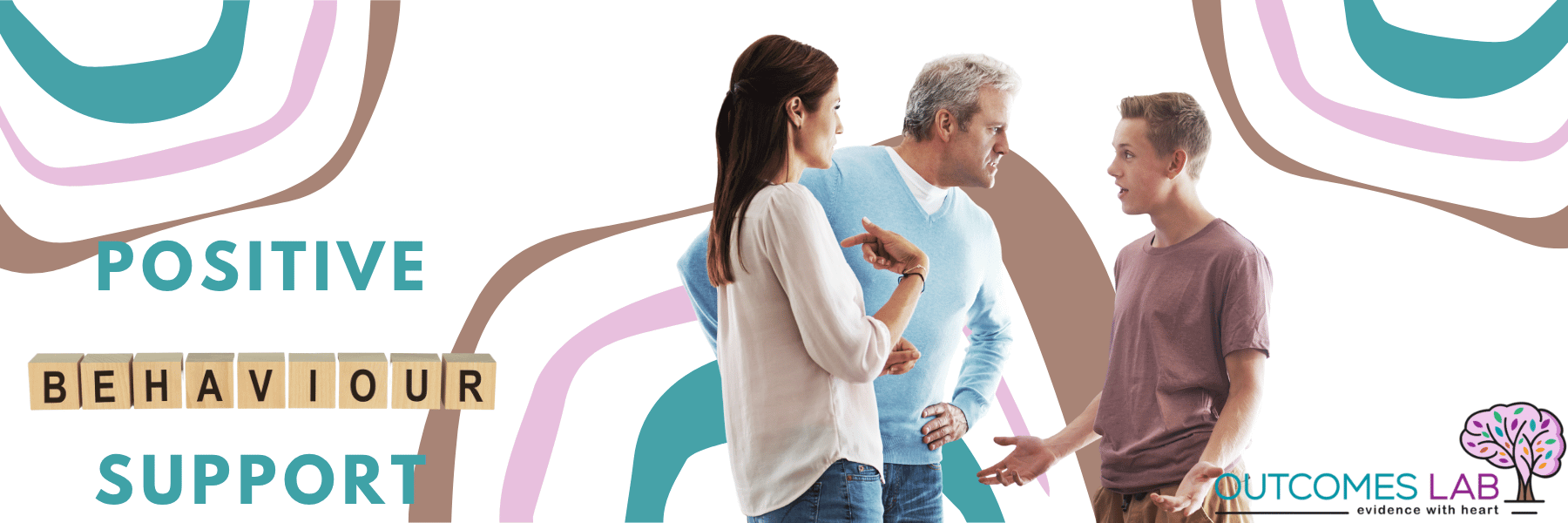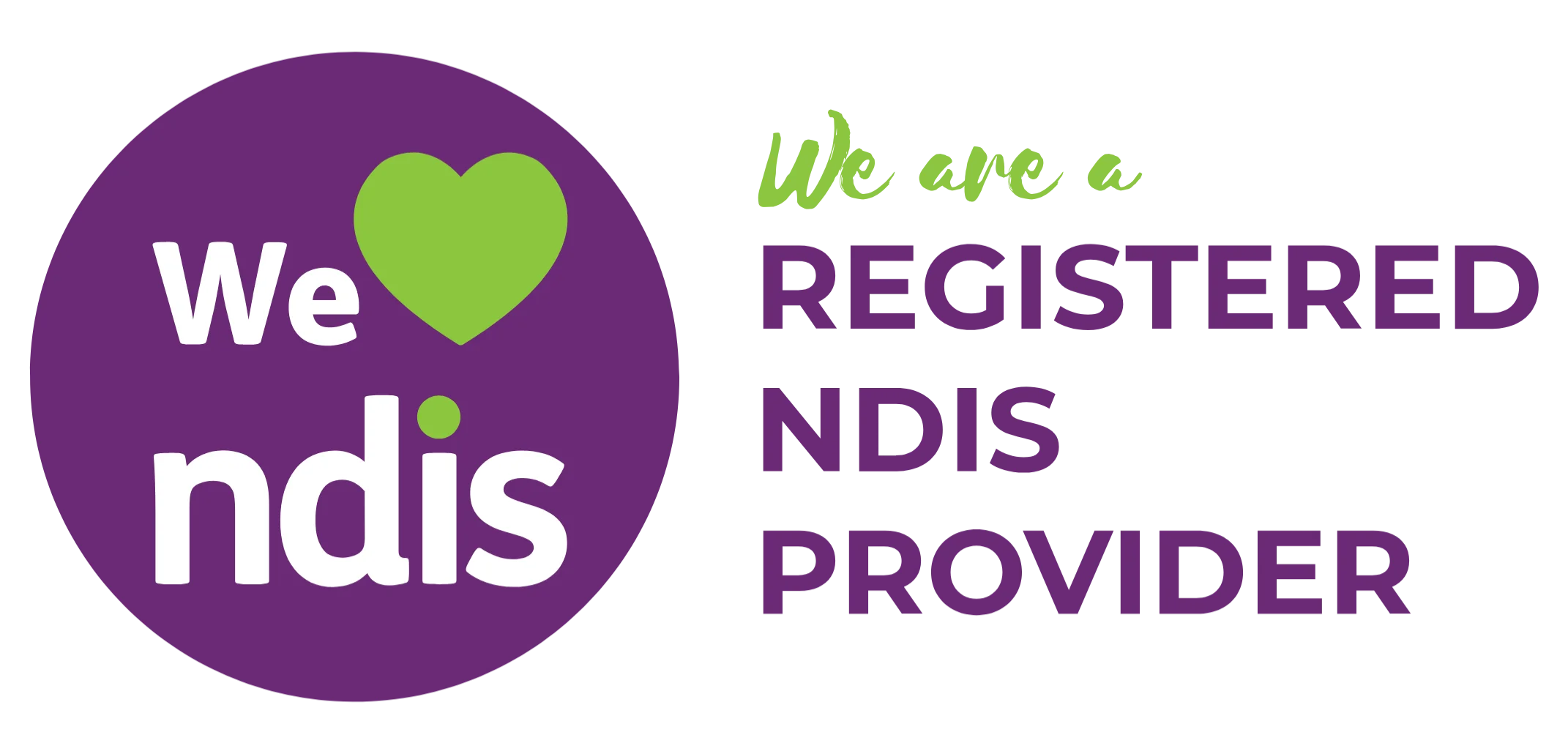Positive Behaviour Support (PBS) plays a vital role in improving the quality of life for individuals experiencing behaviours of concern. As a proactive, person-centred approach, PBS aims to understand the reasons behind behaviours and address them in supportive and respectful ways. For those navigating the NDIS, understanding which parts of your plan can be used to fund PBS is essential, especially during the current transition to the PACE system.
Understanding the PACE and Pre-PACE Systems

NDIS plans are currently managed under two systems: the existing system and the new PACE system. During the transition phase, both are in use, and plan structure may differ slightly depending on which system a participant is in. In both systems, Positive Behaviour Support is funded under the Capacity Building category, though the labelling and allocation might vary slightly.
Behaviour Support Funding
The primary funding stream for ongoing PBS is the Capacity Building – Behaviour Support category, also known as Capacity Building – Improved Relationships in pre-PACE terminology. This funding is dedicated to:
- Developing and implementing Behaviour Support Plans
- Conducting formal behaviour assessments
- Supporting reporting and monitoring when restrictive practices are in place
It is essential to note that this funding is distinct from other allied health supports and cannot be used interchangeably.
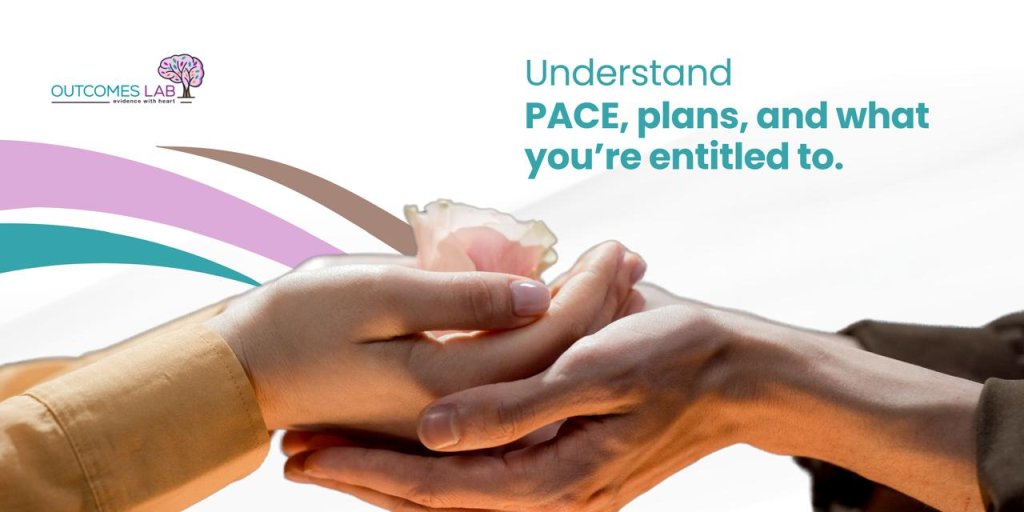
Improved Daily Living (IDL)
Capacity Building – Improved Daily Living (IDL) is a separate funding category often used for allied health professionals, including psychologists, occupational therapists, and speech pathologists.
While IDL cannot be used for formal behaviour assessments or for developing Behaviour Support Plans, it may be relevant when allied health professionals are conducting initial assessments of behaviour and associated risks. These early assessments can help justify the need for direct funding under Behaviour Support and form the basis for requests for dedicated PBS support.
Summary
- Behaviour Support/Improved Relationships: Used for formal behaviour assessments, plan development, and ongoing PBS services.
- Improved Daily Living: May support initial allied health assessments related to behaviour and risk, but not formal PBS services.
- PACE transition: Both pre- and post-PACE systems are active, and your plan’s structure may vary depending on which system you are under.
If you are unsure about which funding streams apply to you, or you are looking to request PBS in your plan, speak with your NDIS planner or support coordinator. They can help ensure your funding aligns with your needs, especially during this period of transition. Our team of behaviour support practitioners and NDIS specialists can also walk you through the process and ensure you’re accessing the support that’s right for you.

